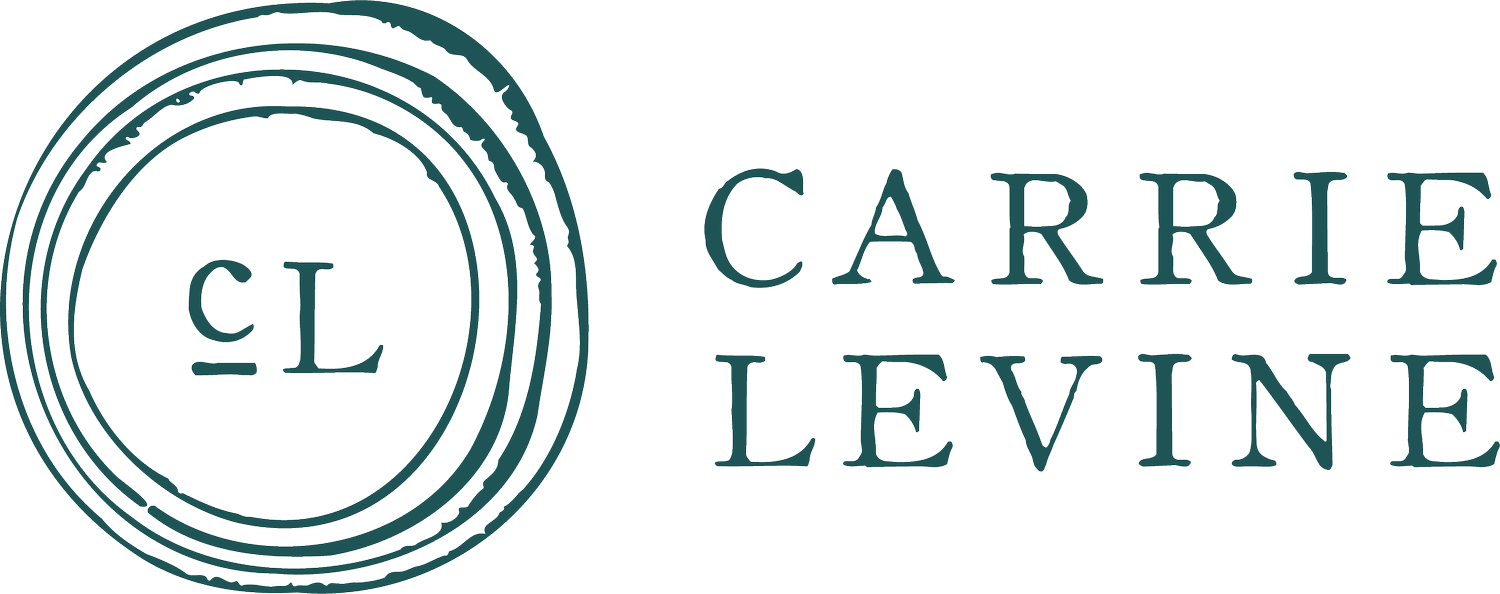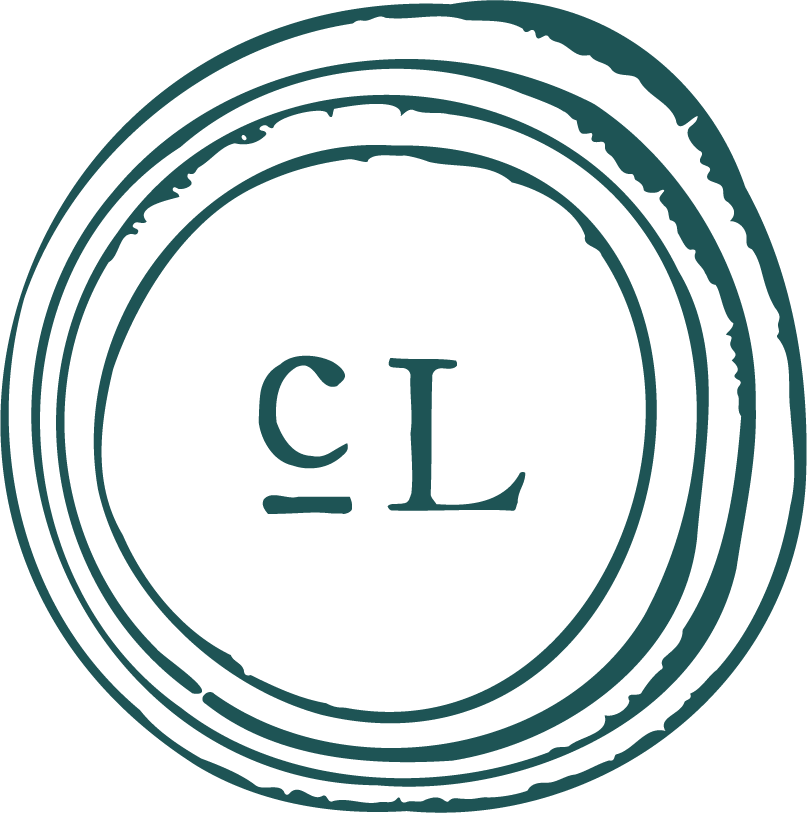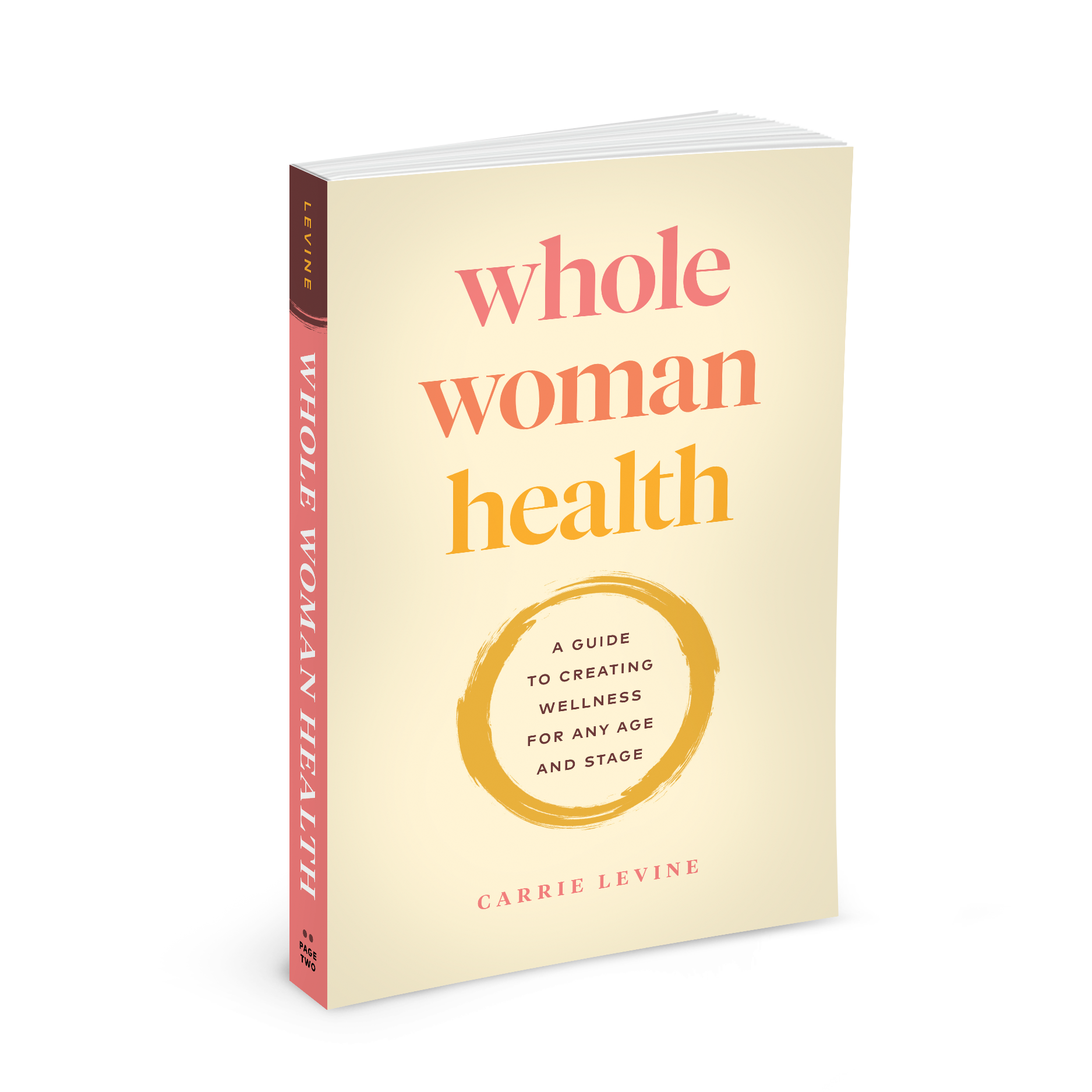How to improve the quality of life in menopause?
Menopause is a tremendous psycho-spiritual-physical transition that impacts various aspects of women’s lives. Simple lifestyle changes can help support this potentially turbulent phase of life Here are some tips to navigate menopause with grace and resilience:
Recognize the Transition:
Menopause is a time of transition and re-evaluation. It can affect work, intimate relationships, friendships, and family dynamics, which are likely affected by the changes women experience. Seek support to address the challenges that arise during this time - we are not alone.
Alcohol Consumption:
Consider reducing or eliminating alcohol consumption. Eliminating alcohol can help improve sleep quality and reduce midsection weight gain.
Prioritize Rest:
Rest and self-care become even more important during menopause. Women often experience a loss of resilience that is countered by rest and self-care. Rest helps restore the stress hormone/sex hormone connection.
Incorporate Movement:
Recommended movement for menopausal women includes HIIT or SIT training and resistance training. Lifting heavy can do the work that estrogen did when we had it in terms of maintaining or building lean muscle mass, brain function, bone health, and body composition.
Calm the Nervous System:
Establish a daily practice that promotes a calm central nervous system. This can include activities such as prayer, meditation, or writing, which can help reduce the physiological impact of stress and promote emotional well-being.
Maintain Good Sleep Hygiene:
Quality sleep is essential. Prioritizing good sleep hygiene practices, like turning off devices at least an hour before bed, maintaining the same bedtime and wake time, and keeping the bed a place of sleep and sex, only supports restful and rejuvenating sleep.
Nourish Your Body:
Focus on a balanced diet that addresses the changes in metabolism and hormone levels during menopause. Aim for approximately 25-30 grams of protein with each main meal, more if you are training. Fill half your plate with in-season vegetables for fiber and phytonutrients, consume some complex carbohydrates, and ensure healthy fat consumption, like that from avocados and olive oil.
Explore Herbal Support:
Certain herbs can help alleviate menopausal symptoms. Work with a practitioner who is skilled in this area. Herbs like dong quai, black cohosh, chasteberry, ashwagandha, holy basil, and valerian may be helpful depending on your specific symptoms..
Consider Body-Based Therapies:
Therapies like reiki and acupuncture have been shown to provide relief to menopausal women.
Fine-tuning lifestyle can yield big results during menopause. What has the potential to be turbulent can be experienced with strength and grace, but we have to do our part. No pill can do what a good lifestyle can do for us.
As with all of the advice in my social posts, blog, etc., please consult with your healthcare provider before starting a new diet, fitness, supplement, or treatment regimen. This information is for educational purposes only and does not replace the advice of your healthcare provider.
You might think of these posts (or my book) as a way for you to start the conversation with your healthcare provider about the changes you're interested in implementing.



